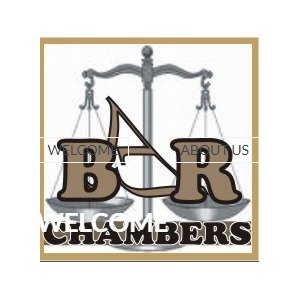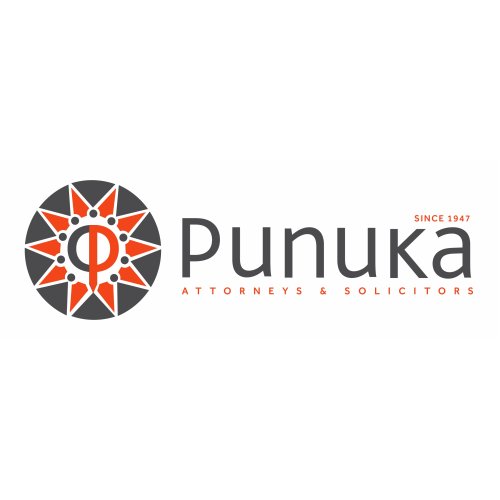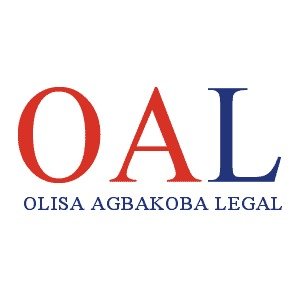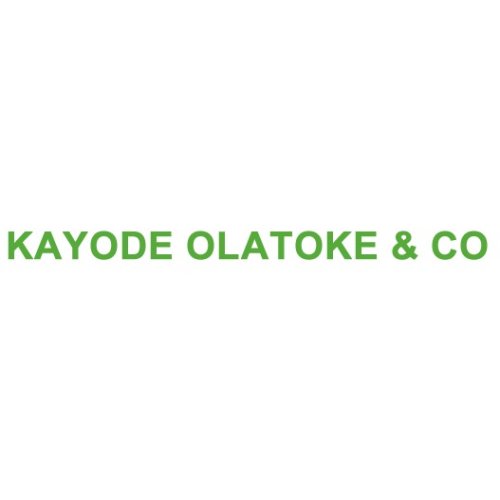Best Land Use & Zoning Lawyers in Nigeria
Share your needs with us, get contacted by law firms.
Free. Takes 2 min.
Free Guide to Hiring a Real Estate Lawyer
Or refine your search by selecting a city:
List of the best lawyers in Nigeria
About Land Use & Zoning Law in Nigeria
Land use and zoning laws in Nigeria are crucial for regulating the development and utilization of land across various regions. These laws are primarily governed by the Land Use Act of 1978, which aims to streamline land management and ensure equitable access. The purpose of these regulations is to maintain order in urban and rural development, prevent incompatible land uses, and guide sustainable growth. Zoning laws delineate residential, commercial, industrial, and agricultural areas to facilitate organized and efficient use of land resources in Nigeria.
Why You May Need a Lawyer
Navigating the complexities of land use and zoning laws in Nigeria can be challenging. Here are common situations where legal assistance may be required:
- Disputes over land ownership or boundaries.
- Challenges in obtaining the necessary permits for construction or land development.
- Compliance checks with zoning regulations for business or property development.
- Conflicts arising from land acquisitions, especially compulsory government acquisitions.
- Seeking redress in cases of improper zoning by authorities affecting property values.
- Advice on land transactions and due diligence requirements.
Local Laws Overview
The regulatory framework for land use and zoning in Nigeria is primarily structured around the Land Use Act of 1978. Key aspects you should be aware of include:
- The Governor of each state has the authority over state land and is responsible for allocating land to individuals and organizations.
- Customary laws may also play a role in land decisions, especially in rural areas.
- The Act provides for the issuance of Certificates of Occupancy (C of O) as a significant proof of land rights.
- Local governments are involved in managing and regulating development plans within their jurisdictions.
- Zoning plans are developed and enforced to separate different types of land use, ensuring urban sustainability.
- Environmental considerations are integrated into zoning laws to mitigate negative impacts of development.
Frequently Asked Questions
What is the Land Use Act 1978?
The Land Use Act 1978 is a law governing land ownership and rights in Nigeria, granting state governors control over land, who can allocate land for the public's benefit.
How can I obtain a Certificate of Occupancy?
A Certificate of Occupancy (C of O) is obtained by applying through the Land Bureau of the respective state where the land is located. The process involves documentation and possible fees.
Can I challenge a government acquisition of my land?
Yes, if the acquisition process lacks fairness or adequate compensation, legal action can be taken. A lawyer experienced in land use cases can provide guidance on this matter.
What should I do if faced with a land dispute in my community?
Engaging a lawyer who understands both statutory and customary land laws can help mediate and resolve disputes effectively.
How are zoning regulations enforced in Nigeria?
Zoning regulations are enforced by state and local government urban planning authorities, which inspect and oversee compliance with zoning laws.
What are the penalties for non-compliance with zoning laws?
Penalties can include fines, demolition of unauthorized structures, or legal action against the violator, depending on the severity of non-compliance.
Can zoning laws change, and how can I keep informed?
Zoning laws can change based on urban development policies. It is advisable to consult local government notices or engage with legal professionals who stay informed of such changes.
What role does customary law play in land use in Nigeria?
Customary law can influence land use, primarily in rural areas, where traditional practices and local norms guide land transactions and disputes.
How do I know if my development plans comply with local zoning regulations?
To ensure compliance, consult the town planning office in your local government area and consider retaining a lawyer to review your plans.
Why is environmental consideration important in zoning?
Including environmental considerations in zoning helps preserve natural resources, reduce pollution, and promote sustainable development practices.
Additional Resources
For further information and assistance, consider reaching out to the following resources:
- The Ministry of Lands and Housing in your state.
- Professional bodies such as the Nigerian Institution of Estate Surveyors & Valuers.
- Nigerian Urban and Regional Planning Law (NURP).
- The Nigerian Bar Association for recommendations on legal professionals specializing in land use.
- Local Land Registry Offices for land documentation verification.
Next Steps
If you require legal assistance in land use and zoning, follow these steps to ensure effective resolution:
- Identify your specific legal needs related to land use and zoning issues.
- Research and contact lawyers with expertise in Nigerian land use and zoning laws.
- Schedule consultations to discuss your situation and explore legal options.
- Gather all relevant documentation related to your land or zoning issue for review by your lawyer.
- Consider seeking advice from multiple professionals to compare perspectives and solutions.
Lawzana helps you find the best lawyers and law firms in Nigeria through a curated and pre-screened list of qualified legal professionals. Our platform offers rankings and detailed profiles of attorneys and law firms, allowing you to compare based on practice areas, including Land Use & Zoning, experience, and client feedback.
Each profile includes a description of the firm's areas of practice, client reviews, team members and partners, year of establishment, spoken languages, office locations, contact information, social media presence, and any published articles or resources. Most firms on our platform speak English and are experienced in both local and international legal matters.
Get a quote from top-rated law firms in Nigeria — quickly, securely, and without unnecessary hassle.
Disclaimer:
The information provided on this page is for general informational purposes only and does not constitute legal advice. While we strive to ensure the accuracy and relevance of the content, legal information may change over time, and interpretations of the law can vary. You should always consult with a qualified legal professional for advice specific to your situation.
We disclaim all liability for actions taken or not taken based on the content of this page. If you believe any information is incorrect or outdated, please contact us, and we will review and update it where appropriate.
Browse land use & zoning law firms by city in Nigeria
Refine your search by selecting a city.
















